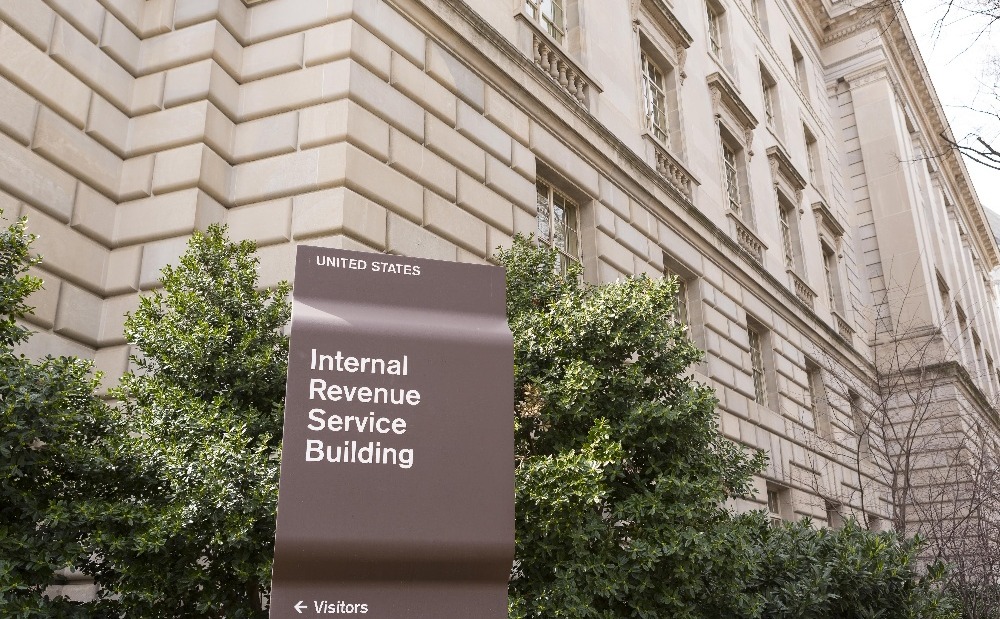In what turned into a partisan slugfest, on November 7, the House Ways & Means Committee held a hearing on the impact of the Department of Labor (DOL) rules on environmental, social and corporate governance (ESG) factors surrounding retirement plan investment choices. Generally, the committee’s GOP members slammed the permissibility of considering ESG factors in evaluating the appropriateness of certain investments for inclusion in a tax-favored retirement savings plan. By contrast, Democrats say the ESG rule is timely and appropriate in the context of retirement savings plan investment choices.
Both sides accused the other side of politicizing the issue in the retirement savings plan context. DOL says their ESG rule is “neutral” on climate change and other social issues, but Republicans accuse the rule of promoting “do good” investing at a significant cost to the value of retirement plan assets and benefits. “Over the last couple of years, we’ve seen the ESG agenda turn into a pressure campaign that allows and sometimes forces investment advisors to gamble with retirees’ nest eggs,” said the committee’s chairman, Rep. Jason Smith (R-MO). Democrats respond to that criticism by claiming failure to allow ESG factors as considerations in choosing a plan’s investment choices “puts a thumb on the retirement investment scale in favor of fossil fuel companies and gun manufacturers.”
Generally, the DOL ESG rule permits plan fiduciaries to consider ESG factors when other financial factors support an investment choice decision. Congressional Republicans want to overturn that rule, reverting to a fiduciary standard that allows consideration only of financial factors in choosing a retirement plan investment.
Prospects: The DOL ESG rule has already survived one court challenge and a Congressional attempt to overturn the rule. More litigation is pending, as is a package of House committee-approved bills that would curtail the use of ESG factors in evaluating a retirement plan investment choice. It is possible—some say probable—that the GOP-controlled House will approve the anti-ESG investment legislation, but its fate is far more uncertain in the Senate. And that is if the issue breaks through the already-jammed, high-profile agenda facing Congress for the balance of this year.
NAIFA Staff Contact: Jayne Fitzgerald – Director – Government Relations, at jfitzgerald@naifa.org.






.png?width=600&height=90&name=Support%20IFAPAC%20%20(600%20%C3%97%2090%20px).png)
